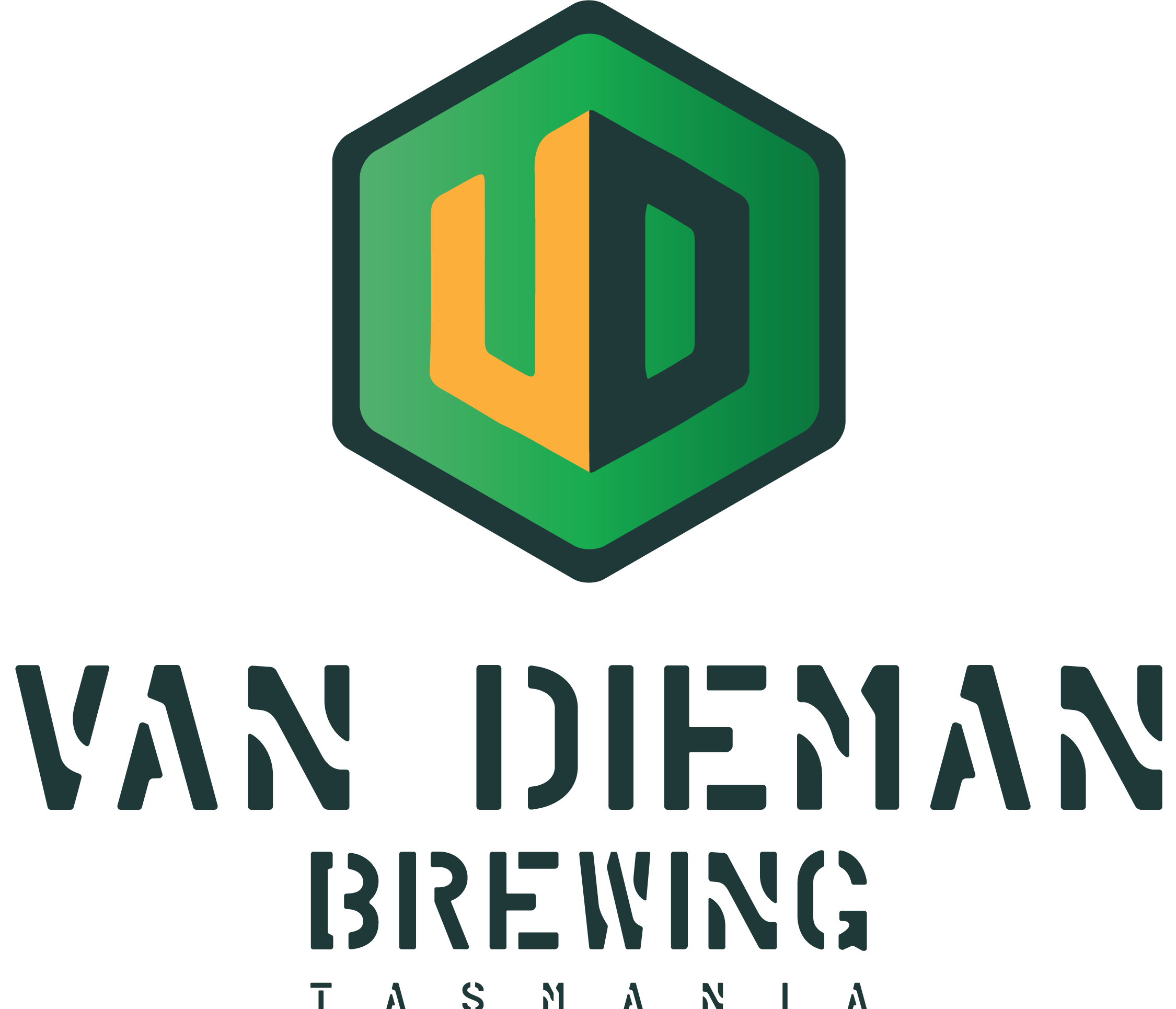Coolship Brew #1
Yesterday, Monday 5th September, we brewed our first 100% spontaneous batch of beer in our coolship. It was a brewday we had envisaged for quite some time and were finally thrilled to have it happen.
Our ultimate aim is to produce an entirely derived Estate Ale, where all ingredients are grown, sourced and processed on the brewery farm, making the most authentic spontaneously fermented beer that we can and ultimately to create blends that reflect the unique microflora of White Hills area. The beers we brew through the Coolship are crafted using a traditional Belgian method of spontaneous fermentation. Hot, unfermented wort is cooled overnight using outside air temperature in a traditional, large shallow pan known as a “coolship.” During the cooling process, naturally occurring microflora from the air inoculates the beer, drawn in from vents located externally of the brewery building and ducted through an inline fan, and in the morning, it is transferred into French oak wine barrels where the entire fermentation and aging (over 1-5 years) takes place.
For our first spontaneous brew, we utilized our own brewery-grown barley malt, currently malted off site, boiling for 90 minutes with aged hops, and naturally inoculating the wort by cooling it overnight in a coolship. No yeast or other organisms were pitched. Fermentation, and ultimately a chunk of the final character of the beer, will be solely a product of the yeast and bacteria in the cool night air at the brewery farm, and contained within the wood of the barrels where the beer will be aged. We know that over the past 24 hours we’re able to successfully chill down 6hL of wort to 23 degrees C overnight, but the test will come to be able to do this across 12-15hL at various times of the year – a challenge we look forward to taking on.
As far as when the beer will be ready, we expect it to be in the oak barrels for anywhere between 12 months to five years depending on how it matures. Over subsequent years, we plan to blend vintages from various years to make our own interpretations of traditional Gueuze. Our commitment to utilizing the coolship vessel will persist through a variety of seasons, as we begin to learn the unique characteristics of the microflora surrounding the brewery, so that these spontaneously fermented beers become an integral part of what we do at Van Dieman. What happens from there will depend on our ability to successfully brew spontaneously fermented beer and our ability to balance our beer with the climate, natural environment and primary ingredients at our brewery. Eventually, we’ll partner with fellow primary producers in Tasmania to incorporate fruit into our spontaneously fermented beers to make our own versions of classic styles like Kriek and Framboise.
We’re a huge fan of authentic Belgium farmhouse beers, and this is part of the reason for us to be pushing down this path of developing these renditions of traditional styles. The major reason is however that we’re in the fortunate position of being located on a working farm. This affords us the ability to not only grow and harvest our own barley and wheat each year, but for the past 5 years we’ve successfully harvested fresh hops from a 1 acre hop field less than 200m from the brewery. All our water for brewing operations is drawn from on-farm springs or rain water, and utilsing the native yeasts in the area was the final link in forwarding this project. Coolship brewing and spontaneously fermented beers provide that ability to encapsulate the unique characteristics of the area. We will continue to work to isolate individual yeast strains for the local environment for subsequent Estate Ale development.
We feel that we are in an incredible position to drive this long standing & traditional frontier of brewing heritage, as we strive to craft a unique product that reflects the amazing natural capabilities we have here at the brewery.








